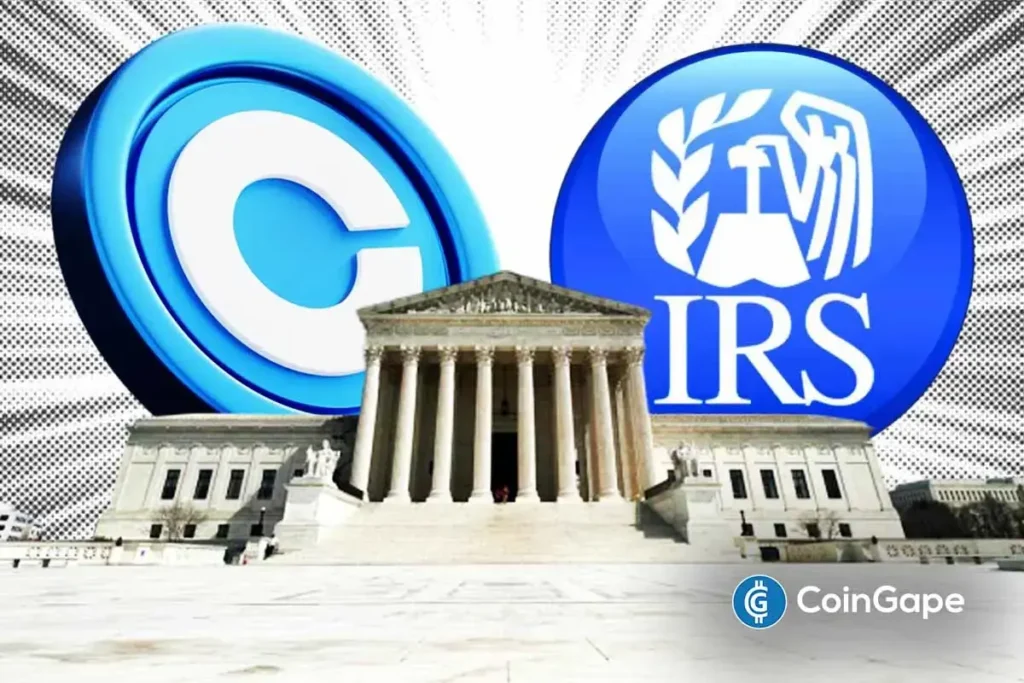US Supreme Court Ruling Highlights Privacy Concerns in Crypto Industry
The recent ruling by the US Supreme Court regarding the IRS and Coinbase has significant implications for the cryptocurrency industry. The court upheld the IRS’s authority to issue a summons, compelling Coinbase to disclose transaction data for over 14,000 users. This ruling comes amid growing concerns over privacy and the regulatory landscape surrounding digital assets.
Supreme Court’s Stand on IRS Authority
In a pivotal turn of events, the Supreme Court declined to challenge the legitimacy of an IRS summons directed at Coinbase. The justices did not elaborate on their decision to dismiss the appeal from a disgruntled Coinbase user, James Harper, who argued that the IRS’s actions constituted a violation of the Fourth Amendment, which guards against unreasonable searches and seizures. By refusing to question the IRS’s authority, the court essentially endorsed the agency’s ability to access data held by third parties, including cryptocurrency exchanges.
Implications of the 1976 Ruling
The Supreme Court’s ruling upholds a precedent set in 1976, which determined that individuals do not possess privacy rights concerning records kept by third-party entities, such as banks. This longstanding ruling has now extended its reach to cryptocurrency platforms, indicating that similar privacy limitations may apply to digital asset users. Harper’s appeal sought to re-evaluate this precedent, arguing that it erases essential privacy protections for millions engaging with modern financial systems.
Challenges in the Crypto Regulatory Environment
Prior to the Supreme Court’s decision, a federal appeals court had already sided with the IRS, affirming the validity of the summons. The IRS’s inquiry centers on allegations of significant underreporting of capital gains from cryptocurrency transactions, making the disclosure of user data essential for compliance and enforcement purposes. As the regulatory scrutiny on digital assets intensifies, many in the cryptocurrency community express concerns about the conflicting responsibilities of privacy and taxation.
Coinbase’s Stance and User Privacy
Coinbase, one of the leading cryptocurrency exchanges, joined Harper’s appeal in a bid to protect user privacy. The exchange made considerable efforts to challenge the IRS summons but found it necessary to comply to avoid contempt of court. This scenario underscores the challenges that cryptocurrency platforms face when navigating between regulatory obligations and safeguarding user privacy, raising questions about the future of data protection in the digital asset space.
The Future of Privacy in Cryptocurrency
As the cryptocurrency ecosystem evolves, the implications of the Supreme Court’s ruling will likely resonate within the industry. With looming regulatory challenges and the potential for heightened scrutiny, the conversation surrounding privacy rights and user data protection will grow increasingly relevant. Stakeholders in the crypto community must consider how best to protect user information without falling foul of regulatory requirements.
In conclusion, the Supreme Court’s ruling emphasizes the balance between regulatory compliance and the need for privacy in the rapidly evolving crypto landscape. As cryptocurrency continues to gain popularity, addressing these privacy concerns will be crucial in fostering trust and facilitating growth in this emerging sector.


